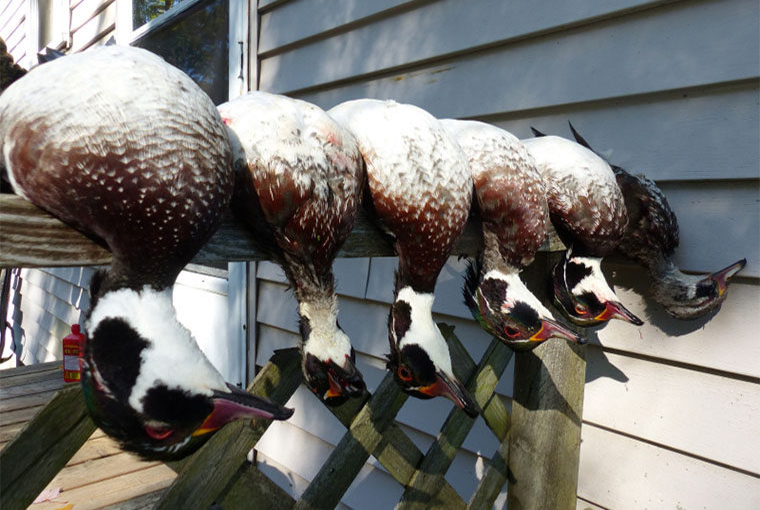
As I get older, my life seems to be a little more structured. Over the years, I’ve sorted through activities available to me and decided upon the things I want to do and those I’ll never do again.
Among the latter, lying motionless on the sand at any beach, eating grits, and trying to understand a person’s misplaced love of golf. What’s left are the things that have added to the quality of my life – immeasurably, I might suggest.
Spending time at duck camp each fall is one of them.
I’ve gone on in other blogs about the people I hunt with and boasted about how it’s been this same group for 41 years now.
But what I haven’t really touched upon is the sense of history I get from visiting the same marshes over four decades. Or the pride I get from knowing that anyone in our camp can paddle a canoe in the dark through a maze of channels and find the same pothole we first discovered two score years ago. Nor have I conveyed the quiet satisfaction that I feel when I first see that silhouette of that massive willow that anchors the old beaver dam and greets us just prior to sun up.
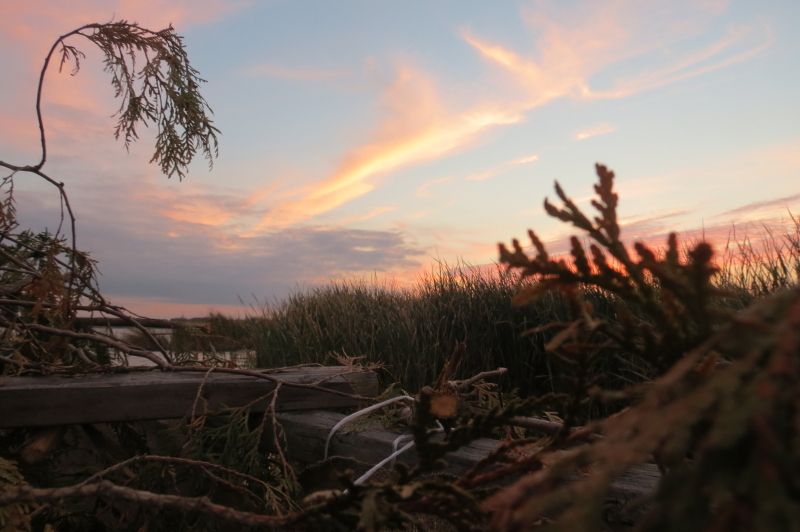
There is a sense of comfort in all of these hunting traditions, because for the most part, our hunting grounds have not changed in all that time. Oh sure, the ice from the past winter might have widened or narrowed a channel or changed the configuration of a floating island of cat tails. Yes, the wild rice will come and go. But, essentially, the place that taught me about nature and duck hunting remains untarnished by the passage of the last 40 years.
The spot is a little busier on weekends in the early fall. But when Monday or real duck hunting weather shows up, you would almost swear it was 1976 again. It’s just us, our blinds, the decoys, and the ducks. I can still paddle to that place where I shot my first wood duck. There is comfort and continuity in that simple act.
This sense of history has become more pronounced as we have aged and as our sons and daughters have joined the ranks. But it’s also there in our own recollections of the ebb and flow of the marshes we love. It’s there in the duck-blind conversations when we recall things like the twister that passed through and the decoys that were lost that day, or the time the deer leapt over the canoe between Martin and Zoom as they paddled out of a small pothole after an evening shoot.
There are countless memories like these, relived at the dinner table and recounted between hands of euchre. Duck camp is not a history of my entire life, but it is a history of some of the best parts of it.
I hope you have a place like this too.


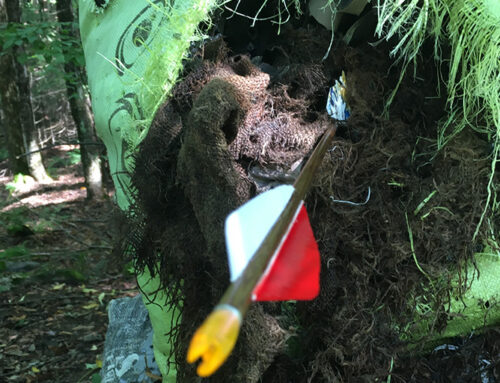
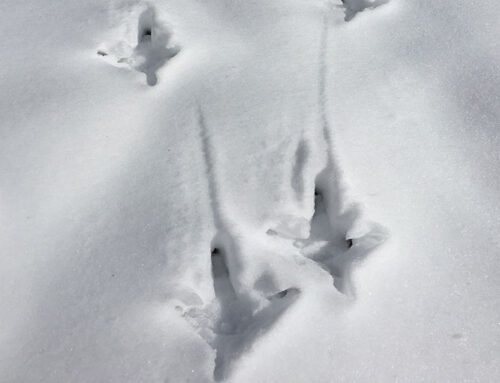
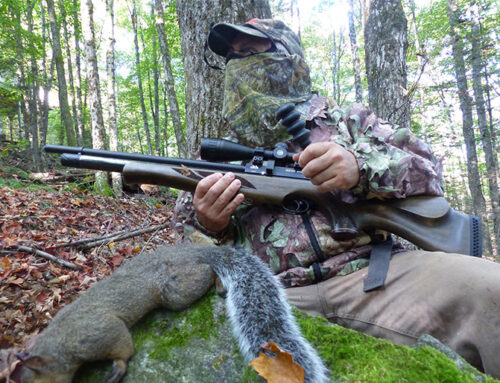
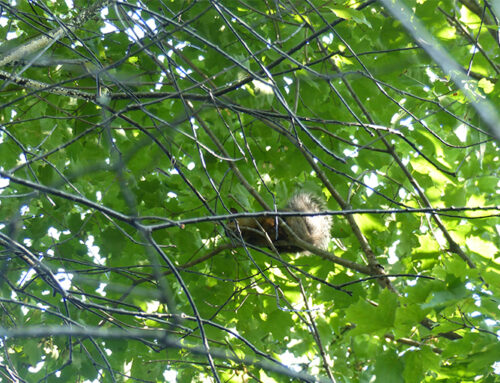
Leave A Comment